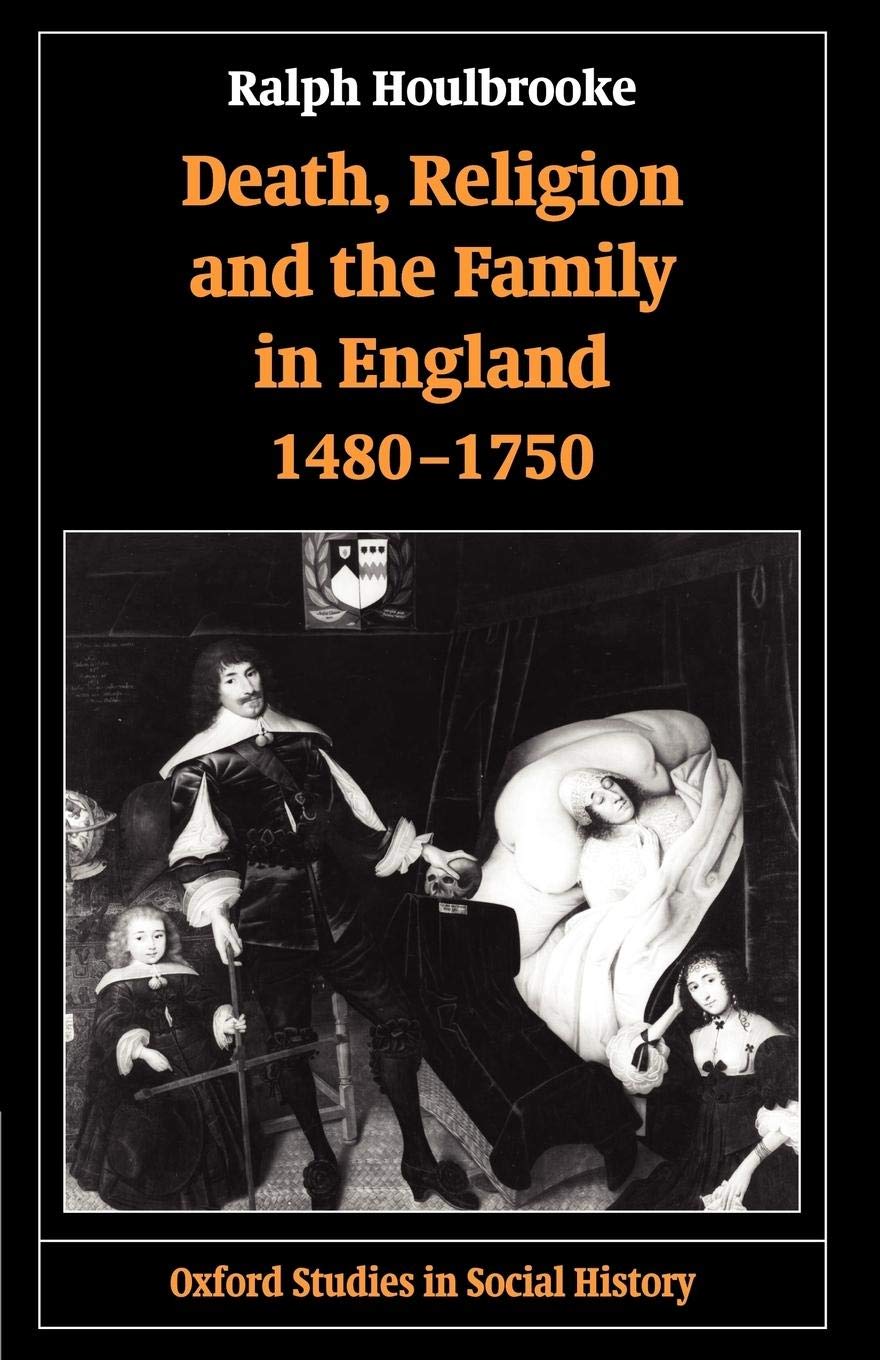Oxford University Press
Death, Religion, and the Family in England, 1480-1750 (Revised)
Regular price
$7.95 USD
Regular price
Sale price
$7.95 USD
Unit price
per
Shipping calculated at checkout.
Couldn't load pickup availability
Title: Death, Religion, and the Family in England, 1480-1750 (Revised)
Author: Ralph Houlbrooke
ISBN: 9780198208761
Publisher: Oxford University Press
Published: 2000
Binding: Paperback
Language: English
Condition: Used: Good
Good condition
History 1636304
Publisher Description:
Both the interest and importance of the social history of death have been increasingly recognized during the last thirty years. Here, Houlbrooke examines the impact of religious change on the English "way of death" between 1480 and 1750. He discusses relatively neglected aspects of the subject, such as the death-bed, will-making, and last rites. He also studies the wide variety of commemorative media and practices, and is the first to describe the development of the English funeral sermon between the late Middle Ages and the 18th century. Houlbrooke shows how the need of the living to remember the dead remained important throughout the later medieval and early modern periods, even though its justification and means of expression were altered.
Author: Ralph Houlbrooke
ISBN: 9780198208761
Publisher: Oxford University Press
Published: 2000
Binding: Paperback
Language: English
Condition: Used: Good
Good condition
History 1636304
Publisher Description:
Both the interest and importance of the social history of death have been increasingly recognized during the last thirty years. Here, Houlbrooke examines the impact of religious change on the English "way of death" between 1480 and 1750. He discusses relatively neglected aspects of the subject, such as the death-bed, will-making, and last rites. He also studies the wide variety of commemorative media and practices, and is the first to describe the development of the English funeral sermon between the late Middle Ages and the 18th century. Houlbrooke shows how the need of the living to remember the dead remained important throughout the later medieval and early modern periods, even though its justification and means of expression were altered.

